Identity and Self-Discovery
What Does It Mean to Be Transgender?
Transgender identity is about authenticity, a deep understanding of one's self that transcends the gender assigned at birth. It's not a monolithic experience, but a rich tapestry of individual journeys. The term 'transgender' encompasses a wide range of identities, including (but not limited to) trans men, trans women, non-binary individuals, and those who are genderfluid or genderqueer.
Importantly, being transgender is not about sexual orientation. Transgender people can be straight, gay, lesbian, bisexual, asexual, or any other orientation, just like cisgender people.
The Evolving Understanding of Gender
Our understanding of gender is constantly evolving. The traditional binary model (male/female) is increasingly recognized as incomplete. Gender is now understood as a spectrum, with diverse expressions and identities. This evolution is driven by the lived experiences of transgender and gender non-conforming individuals, as well as ongoing research in fields like sociology, psychology, and biology.
Key Concepts:
-
Gender Identity: An individual's internal sense of being male, female, both, neither, or somewhere else along the gender spectrum.
-
Gender Expression: How an individual outwardly presents their gender, through clothing, behavior, and other means.
- Cisgender: A person whose gender identity aligns with the sex they were assigned at birth.
Intersectionality: Where Identities Meet
Transgender identity doesn't exist in a vacuum. It intersects with other aspects of identity, creating unique experiences and challenges. Race, sexuality, religion, socioeconomic status, and disability all play a role in shaping a transgender person's journey.
For example, a Black transgender woman may face unique challenges related to racism and transphobia. A transgender person from a conservative religious background may struggle with acceptance and reconciliation. Understanding these intersections is crucial for providing inclusive support and advocacy.
Intersectionality Examples:
-
Race & Trans Identity
-
Sexuality & Trans Identity
-
Religion & Trans Identity
-
Disability & Trans Identity
-
Socioeconomic Status & Trans Identity
Consider the following:
-
A trans person of color might face higher rates of discrimination and violence.
-
A trans person who is also gay or lesbian may experience a double dose of prejudice.
-
A trans person from a deeply religious family may struggle with acceptance and family relationships.
-
A trans person with a disability may face barriers to accessing healthcare and support services.
- A trans person from a low-income background may struggle to afford transition-related care.
The Journey of Self-Discovery
Self-discovery is an ongoing process for all of us, but it can be particularly profound for transgender individuals. It often involves:
-
Questioning: Exploring one's feelings and experiences related to gender.
-
Experimentation: Trying out different gender expressions and identities.
-
Coming Out: Sharing one's transgender identity with others (when and if it feels safe and right).
-
Transition: Taking steps to align one's physical appearance with one's gender identity (this may involve medical interventions, social changes, or both).
There is no one 'right' way to transition. Each journey is unique and personal.
Supporting Transgender Individuals
Here are some ways to support transgender individuals:
-
Educate yourself: Learn about transgender issues and terminology.
-
Use correct pronouns and names: Respect a person's chosen name and pronouns.
-
Listen and validate: Believe transgender people when they share their experiences.
-
Advocate for equality: Support policies and laws that protect transgender rights.
-
Create safe spaces: Foster environments where transgender people feel welcome and accepted.
Final Thoughts
The journey of transgender self-discovery is a testament to the resilience and courage of transgender individuals. By fostering understanding, acceptance, and equality, we can create a more inclusive world where everyone can live authentically.
